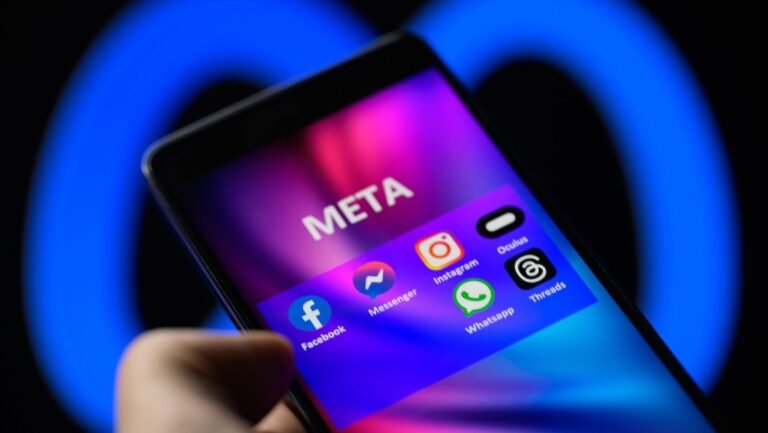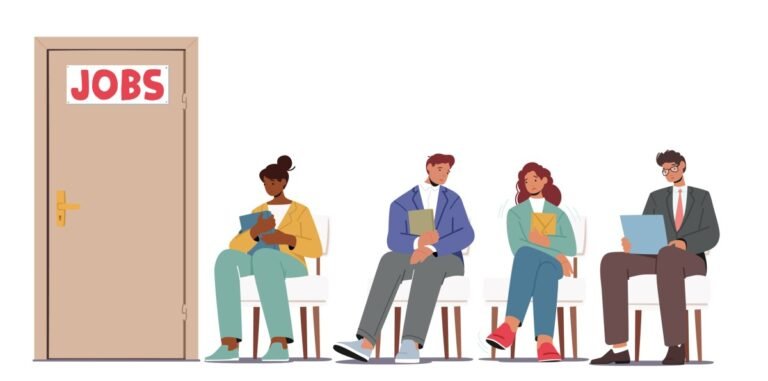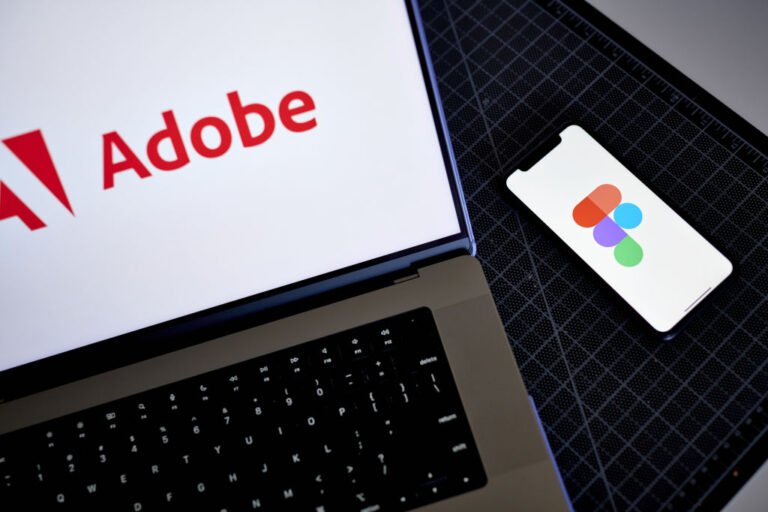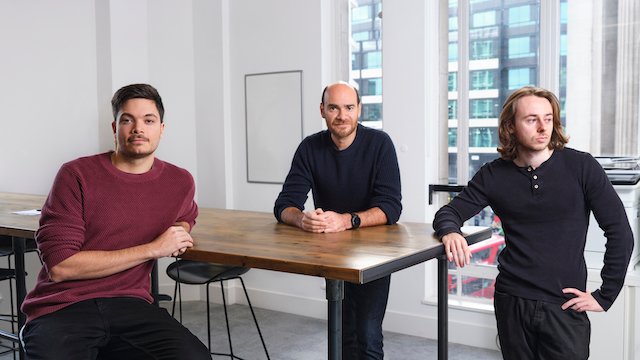
And more AI companies are receiving investments than ever before, with 1,812 AI startups announcing funding in 2023, up 40.6% versus 2022, according to the Stanford HAI report.
“There’s been a more deliberate approach by investors in evaluating AI investments compared to a year ago.
According to a PitchBook report compiled for TechCrunch, VCs invested $25.87 billion globally in AI startups in Q1 2024, up from $21.69 billion in Q1 2023.
Despite the general malaise within AI investor circles, generative AI — AI that creates new content, such as text, images, music and videos — remains a bright spot.
“We’ll soon be evaluating whether generative AI delivers the promised efficiency gains at scale and drives top-line growth through AI-integrated products and services,” Kumar said.
Read MoreAI causes caution in investors

Like many immigrants, the New York City skyline was one of the first sights young brothers Edi and Etrit Demaj took in when they arrived in the U.S. over 20 years ago.
“The first building that we saw was the Empire State Building,” Etrit recalls.
The Demaj family soon settled in Detroit, where the brothers completed their education and started various companies, including their latest, Kode Labs, which integrates and automates various systems in commercial buildings — including the Empire State Building.
When the Demaj brothers founded Kode in 2017, they sought to bring building management into the cloud era.
The brothers liken it to an OS that integrates building systems like a computer OS integrates various circuit boards.
Read More“Kode Labs’ Ambitious Goal: To be the Leading Force in Commercial Building Automation, Similar to Salesforce”

Meta said on Monday that it plans to “temporarily” shutter Threads in Turkey from April 29, in response to an interim injunction imposed by the Turkish competition authority last month over the way Meta shares data between Threads and Instagram.
In 2022, Turkey imposed a $18.6 million fine on Meta for combining user data across Facebook, Instagram and WhatsApp.
Initially, the only way Meta allowed users to delete a Threads profile was by deleting their whole Instagram account, though it later introduced a separate mechanism for those wishing to ditch their Threads profile only.
Turkish regulators had announced the investigation on the way Meta linked Threads with Instagram in December, concluding last month that there was a strong case to answer for.
The latter of these options means a user’s profile can be resurrected when and if Threads is available in the country again.
Read MoreRevised: Turkey’s Meta Implements Thread Closure in Adherence to Injunction Against Sharing Data with Instagram

Additionally, in a notable step last month, the European Union opened a formal investigation into whether Meta’s tactic breaches obligations that apply to Facebook and Instagram under the competition-focused Digital Markets Act (DMA).
The Board’s opinion on “consent or pay” is expected to provide guidance on how the EU’s General Data Protection Regulation (GDPR) should be applied in this area.
It’s worth noting the Board’s opinion will look at “consent or pay” generally, rather than specifically investigating Meta’s deployment.
Nor is Meta the only service provider pushing “consent or pay” on users.
“However, the current ‘Consent or Pay’ model sets in stone a coercive dynamic, leaving users without an actual choice.
Read MoreEU Privacy Protection: Groups Urge Meta to Abandon ‘Consent or Payment’ Strategy

Companies that offer role referral bonuses do so with the assumption that their employees know their work culture — and a role’s requirements — best.
But what if companies were to open up those referral bonuses to people outside the organization?
Draftboard lets employers post referral bonuses and have referrers compete to earn them by scouring their networks for talent.
Free for companies, Draftboard notifies its roughly 1,000 referrers — in Draftboard’s parlance, “scouts” — as referrals move through the different stages of companies’ recruiting processes.
Referrers are graded on the quality of their referrals, and Draftboard takes a 20% cut of each referral bonus.
Read MoreMaximize Your Network: How Draftboard Connects Companies and Referral Bonuses for All Users

Offered as an answer of sorts to OpenAI’s Sora, Google’s Imagen 2 and models from the growing number of startups in the nascent generative AI video space, Adobe’s model — a part of the company’s expanding Firefly family of generative AI products — will make its way into Premiere Pro, Adobe’s flagship video editing suite, sometime later this year, Adobe says.
Like many generative AI video tools today, Adobe’s model creates footage from scratch (either a prompt or reference images) — and it powers three new features in Premiere Pro: object addition, object removal and generative extend.
The lack of release time frame on the video model doesn’t instill a lot of confidence that it’ll avoid the same fate.
And that, I’d say, captures the overall tone of Adobe’s generative video presser.
Adobe’s clearly trying to signal with these announcements that it’s thinking about generative video, if only in the preliminary sense.
Read MoreAdobe Also Joining the Race: Developing Generative Video Technology

The startup charges a listing fee (subscription fee) to publish jobs on the platform and a success fee when a hire is made.
“The listing fee ensures buy-in from startups to the two-way marketplace and a commitment to the recruiters they’re working with,” Kim said.
In addition to early- and late-stage startups, Kim said the platform also works with larger in-house talent teams to fill challenging roles.
“More than 50% of our customers have great in-house talent teams, but they continue to post roles on Paraform.
“We’re already branching out into research, science, manufacturing and defense roles due to the demand we’re seeing from potential customers,” Kim said.
Read More“Paraform Secures $3.6 Million in Funding to Facilitate Networking Between Startups and Recruiters”

Tesla is laying off thousands of employees as it tries to simultaneously cut costs and boost productivity, according to an internal email sent to staff by CEO Elon Musk, Electrek and Bloomberg News reported.
The electric automaker is cutting “more than 10%” of its global headcount, Musk said in the email.
Tesla finished 2023 with over 140,000 employees, meaning the cuts could impact more than 14,000 people.
The company has warned investors that sales growth could be “notably lower” in 2024 than its stated goal of 50% growth each year.
This will enable us to be lean, innovative and hungry for the next growth phase cycle,” Musk wrote.
Read MoreTesla Cuts Global Workforce by Over 10%

UK-based legaltech company Lawhive, which offers an AI-based in-house ‘lawyer’ through a software-as-a-service platform targeted at small law firms, has raised £9.5 million ($11.9M) in a seed round to expand the reach of AI-driven services for ‘main street’ law firms.
To date, most legaltech startups that are deploying AI have concentrated on the big, juicy market of ‘Big Law’ — meaning large, either country-wide or global, law firms that are keenly pushing AI into their workflows.
These include Harvey (US-based; raised $106M); Robin AI (UK-based; raised $43.4M); Spellbook (Canada-based; raised $32.4M).
Lawhive targets its platform at small law firms or solo lawyers running their own shop.
That’s a very small number of big law firms in the US in the UK.
Read More“Lawhive Secures $12 Million Funding to Scale Innovative AI Platform for Smaller Legal Practices”

OpenAI is expanding to Japan, with the opening of a new Tokyo office and plans for a GPT-4 model optimized specifically for the Japanese language.
Japan is the current G7 chair and President of the G7’s Hiroshima AI Process, an initiative to promote AI safety, including stronger AI governance.
EnterprisingAs president of OpenAI Japan, Nagasaki will be tasked with building a local team on the ground to double down on OpenAI’s business in the country.
OpenAI says ChatGPT is also being used by local governments to “improve the efficiency of public services in Japan.”ChatGPT has long been conversant in multiple languages, including Japanese.
For now, OpenAI is giving early access to the GPT-4 custom model to some local businesses, with access gradually opened up via the OpenAI API “in the coming months.”
Read More“Tokyo Hub Welcomes OpenAI: Introducing GPT-4 Model Specifically Designed for Japanese Language”













